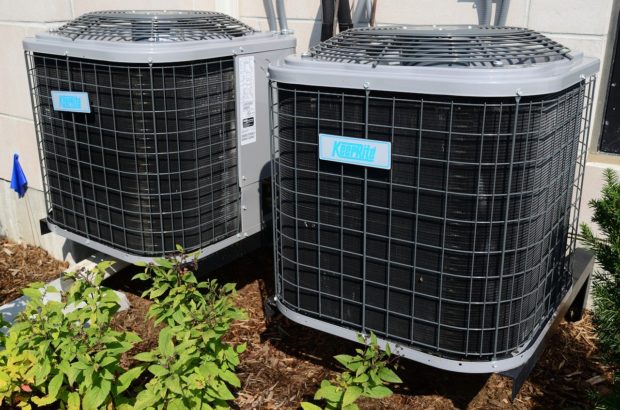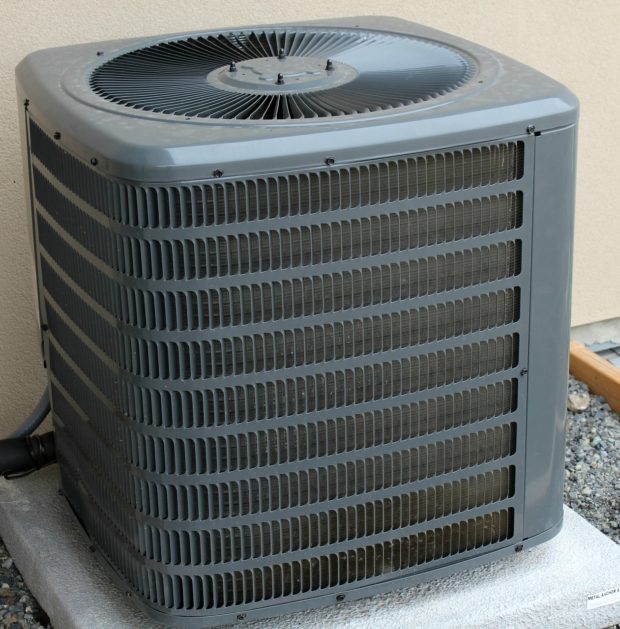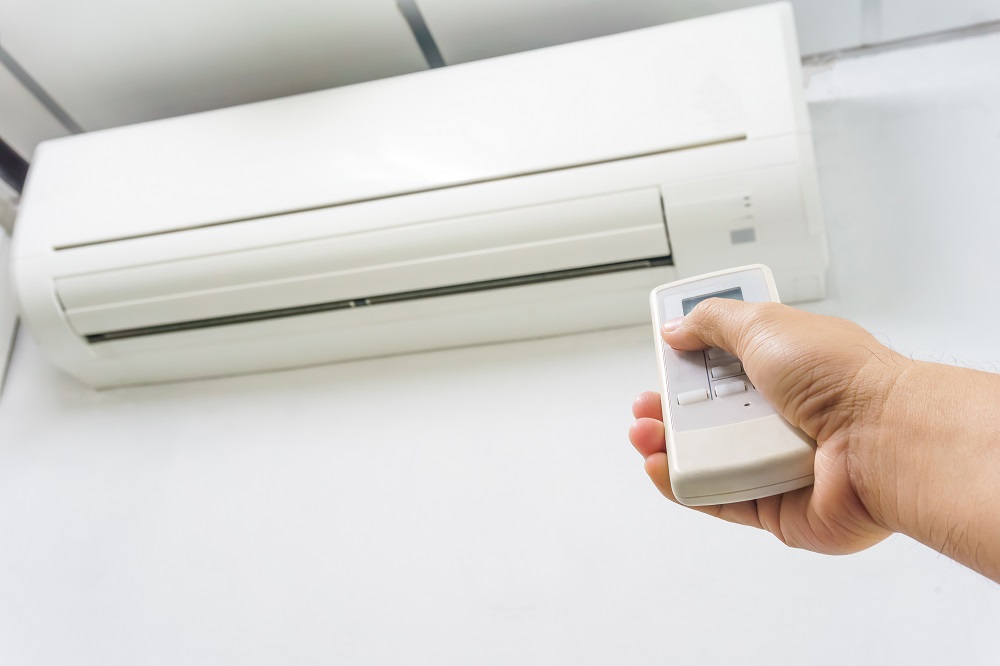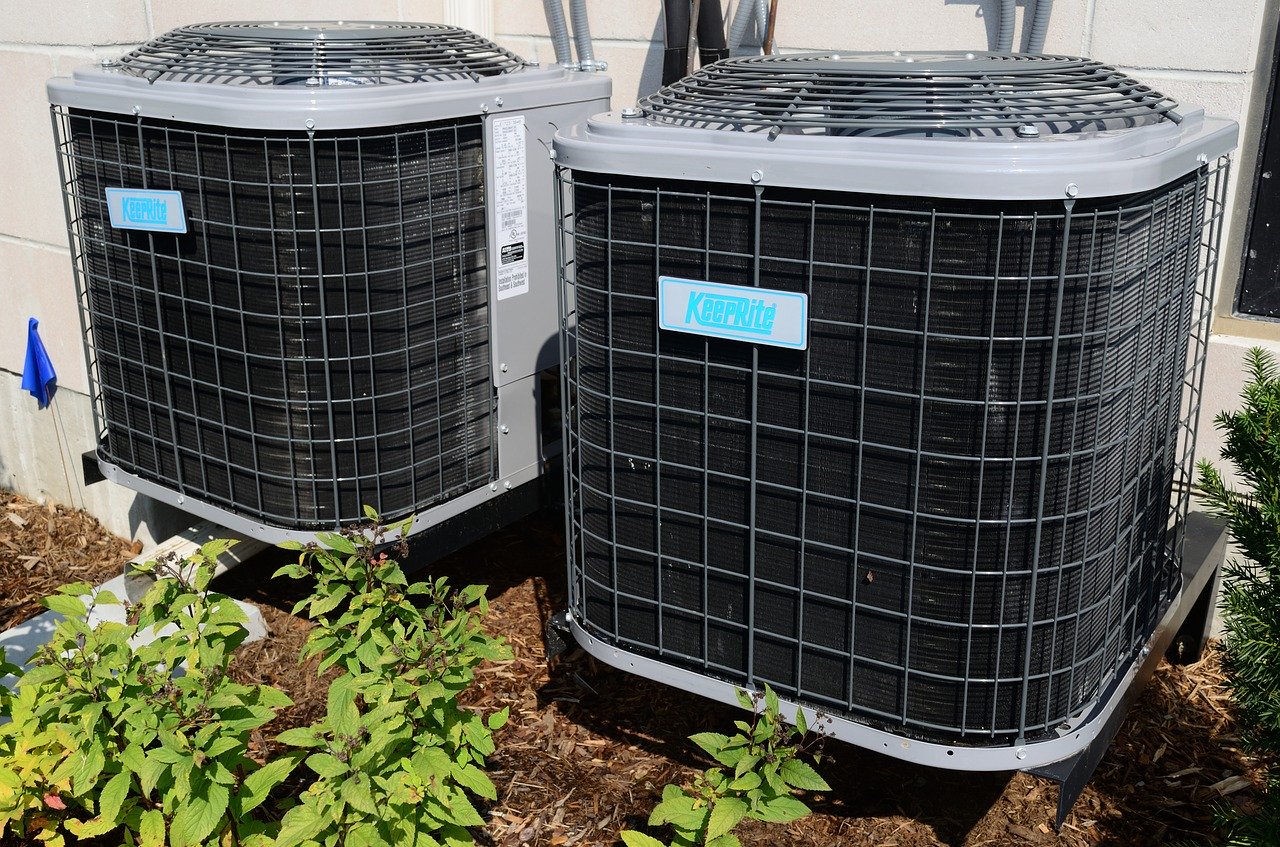You’re lounging comfortably in your home, basking in the perfect temperature. Suddenly, your HVAC system decides to take an unplanned vacation. You find yourself stuck in a stuffy sauna or a bone-chilling icebox. You desperately long for the cool embrace of your trusty heating, ventilation, and air conditioning system.
It’s moments like these when you realize the true value of a reliable HVAC system. You also realize the essence of protecting your investment. Below, we’ll cover everything you need to know about evaluating HVAC warranties. We’ll unravel the mystery surrounding manufacturer warranties, shedding light on their coverage and those sneaky little clauses that might catch you off guard.
The Purpose of HVAC Warranties: Why Should You Even Care?
Let’s unravel the purpose and unveil the hidden gems that lie within.
- Protection for Your Investment: Let’s face it – HVAC systems don’t come cheap. They’re a significant investment in your home’s comfort and overall value. A warranty acts as a shield, offering financial protection against unexpected repairs or part replacements.
- Confidence in Quality: HVAC manufacturers who offer comprehensive warranties are essentially vouching for the quality of their products. A solid warranty indicates that the manufacturer supports the system’s reliability and performance.
- Budget-Friendly Repairs: Covered repairs and part replacements often come at little to no cost. This saves you from raiding your piggy bank or canceling those unicorn water slide dreams.

How to Evaluate HVAC Warranties
Follow this guide:
- Read the Fine Print: Before anything, take a deep breath and dive into the details. Read the warranty documentation. Pay close attention to the coverage, limitations, and exclusions. Know about parts and labor coverage, duration, and conditions that may void the warranty.
- Duration of Coverage: The warranty length is a key factor to consider. Most HVAC warranties consist of two components: parts and labor. Look for a company that offers parts coverage of 5 years and above.
- Transferability: Consider whether the warranty is transferable to a new homeowner if you plan to sell your property. Transferable warranties can be an attractive selling point, providing added value to potential buyers. However, some warranties may require a registration or transfer fee to complete the process.
- Warranty Registration: Speaking of registration, don’t forget to determine if the warranty requires you to register your system. Some manufacturers have a registration process that must be completed within a specified timeframe to activate the warranty. Failing to register in time may result in reduced or voided coverage. Stay on top of this requirement to ensure your warranty is fully valid.
- Manufacturer and Contractor Reputation: Research the manufacturer and contractor before deciding. Look for reviews, testimonials, and ratings to gauge their reputation and reliability. A dependable firm with a solid track record of honoring warranties and providing quality customer service is a positive sign.

Conclusion
Congratulations! You have successfully journeyed through the intricate world of evaluating HVAC warranties. By understanding the purpose and knowing how to assess these warranties, you are now equipped to choose a company that offers the best terms for your next HVAC system. Remember, HVAC warranties are your guardian angels, safeguarding your investment and providing peace of mind.










